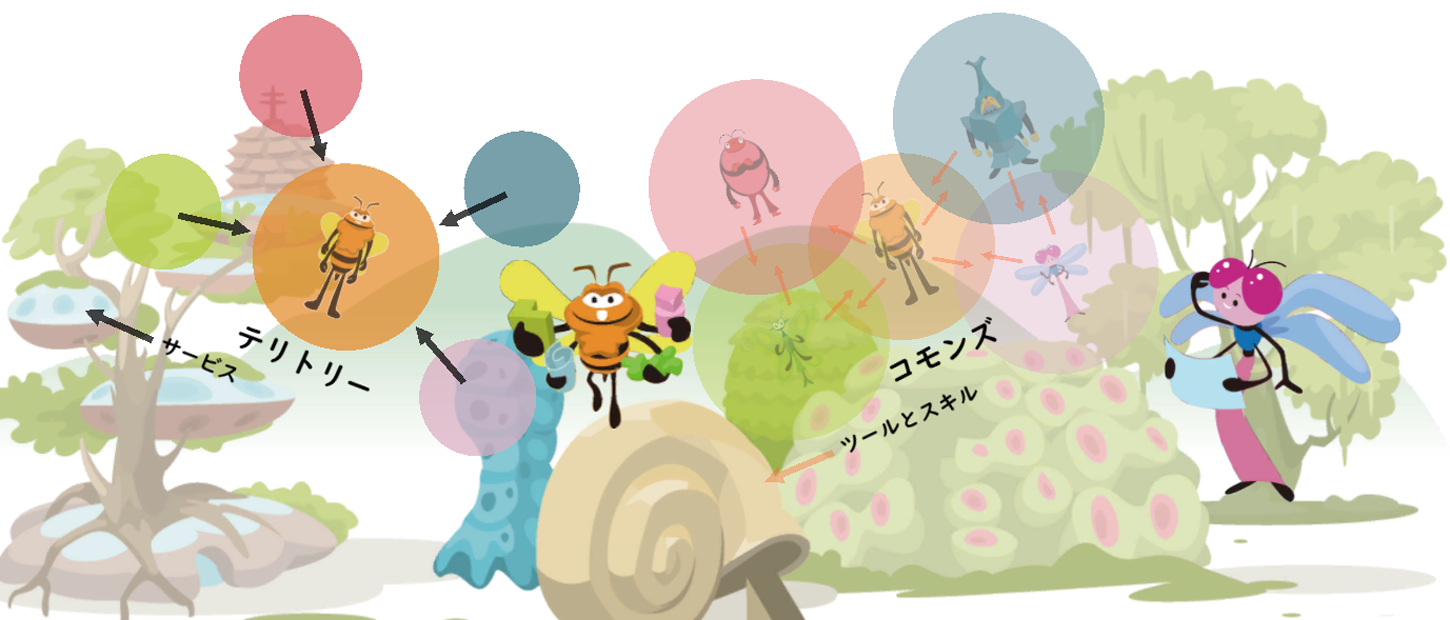Rice planting’s coming up soon. It’s my first time—think it’ll go okay?
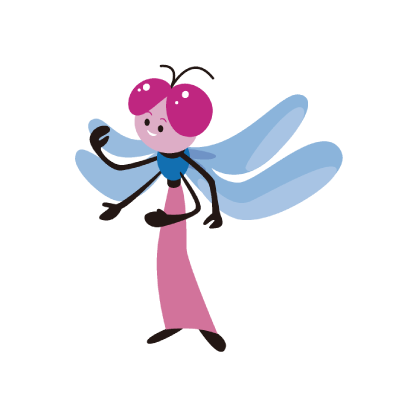

We won’t know till we try, but I bet we’ll manage.
By the way, what’s this?


That’s a “dragonfly” leveler for puddling the paddy. You use it to smooth out the bumps before planting.
Huh. We’re accumulating a lot of stuff. Is that really eco-friendly?

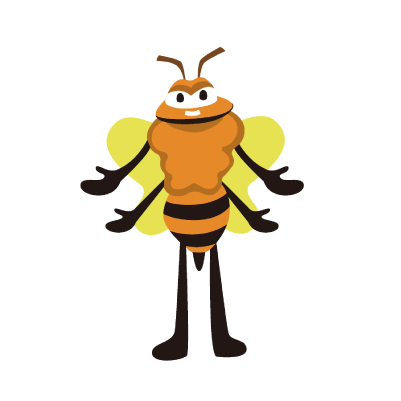
It’s pretty easy to make, and simple tools last a long time without using energy. So I think we’re fine. (Got this one second-hand, too…)
More than that, out here tools become conversation pieces—they help you connect and carve out a place for yourself.
How so?


I mean, out here your tools and the skills to use them sort of expand or shrink your “presence”—your invisible reach.
Not like urban “territory” where people compete; it’s more like a cushion we use to support one another—the more you have, the more you can contribute.
I feel tools and skills gradually grow that shared, mutually supportive space.
You can get by without it, sure—but if you’re only ever the one being helped, you start to feel awkward. Having some of it eases the mind.
Really? Wouldn’t that pressure people—make them hesitate to move to the countryside?


No need to overthink it.
With just a sickle and a small transplanting trowel, you can already be useful. You can add skills and tools bit by bit.
Honestly, it’s fun because your world keeps expanding (*1), and then the tools kind of multiply on their own…

Let me frame city vs. countryside using services and tools.
In cities, space tends to become competed-over territory.
Whatever you lack, you import as a service, usually by paying for it.
Cities grew by outsourcing and specializing tools and skills into services.
So people built “prosperous” lives by letting go of tools and skills and relying on services.
That, too, comes from a modern ideology of division.
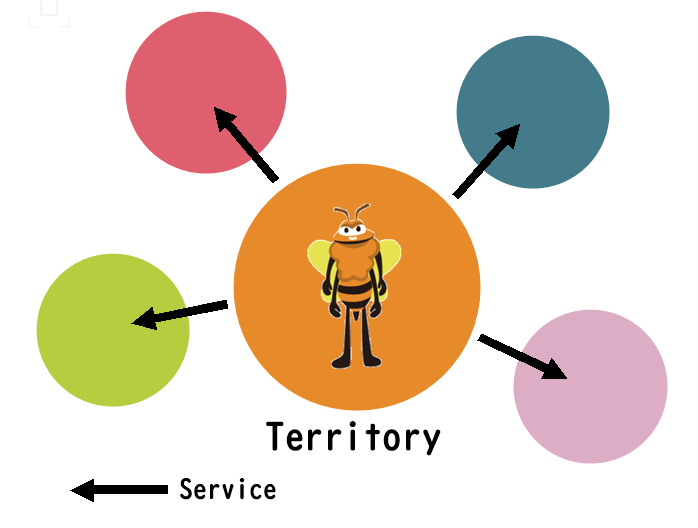

Out here, what services can’t cover, we cover together with our own tools and skills.
It can be a hassle, but it’s not negative.
The countryside is resource-rich; once you gain tools and skills, you need fewer services anyway—and there’s tons of room for play, which grounds reality (*2).
That shared, mutual space is closer to a commons (*3) than a territory.
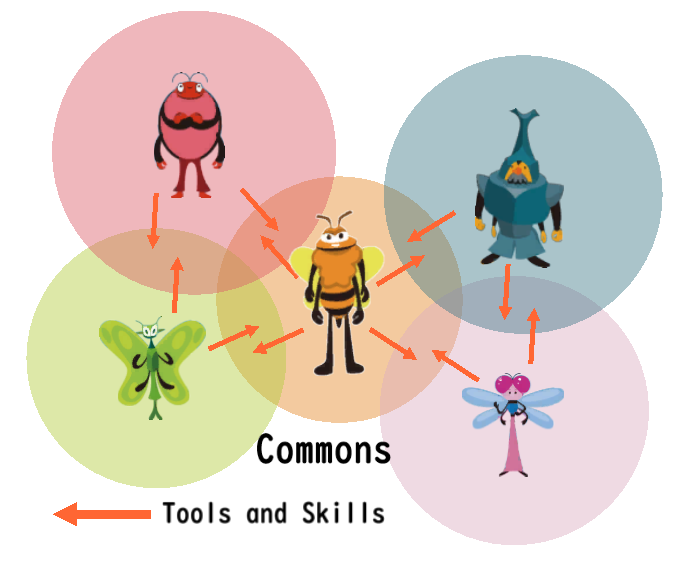
So a commons of tools and skills could work?
Still, some people don’t feel confident enough to move.
And a neighbor told me lots of the paddies nearby can’t be maintained because folks are getting older.
Even with tools and skills—if age keeps you from using them, won’t that leave gaps?

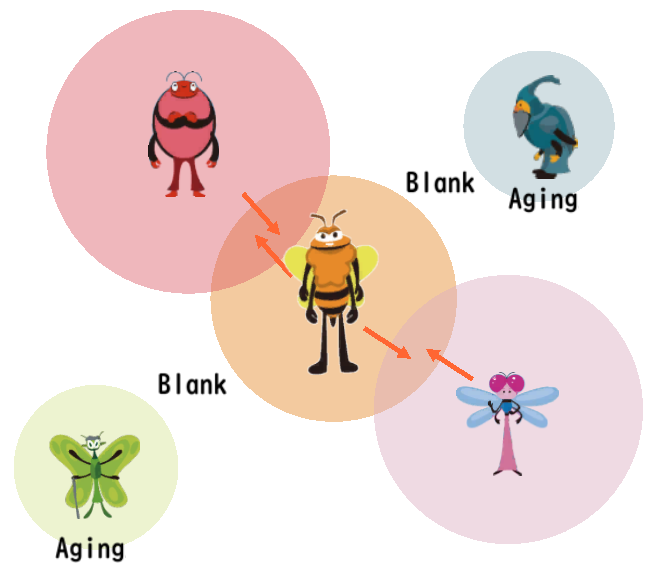

True.
And if that happens, the scenery I fell in love with is at risk.
Then why not make it easier for younger people to join in? I bet more folks than we think want to try this life.


Could be.
I commute about 30 minutes each way myself—so maybe people come from the city on weekends to help maintain the landscape.
And some might eventually move, who knows.
For example, we could recruit groups who want to try it and rent them vacant houses and fields.
Stuff that’s a pain alone can be fun with friends.
Harvest veggies and grill them right there at the old house—sounds great, right?


I like it.
We’d just need to make sure tools and skills don’t become bottlenecks.
From experience: gardens are manageable, but to keep paddies going you either keep it tiny or use big machines like tractors—so you often need decent tools.
And you want somewhere to learn the skills, or people will feel uneasy.
Exchanging tools and skills sparks conversation, so a good mechanism to share and supplement them would help.
Plenty of elders may not be able to do the work now, but they still have tools—and knowledge to pass on.
If it helps protect rural life and scenery, I wish the local government would pitch in.


There are old words like “yamori” (house guardian) and “shimamori” (island guardian). How about a “tamori”—a field-guardian—program?
Haha, you look way too pleased with that pun. Then call it the Tamori Club!
Besides, “tamori” (field guardian) has existed for ages, apparently.

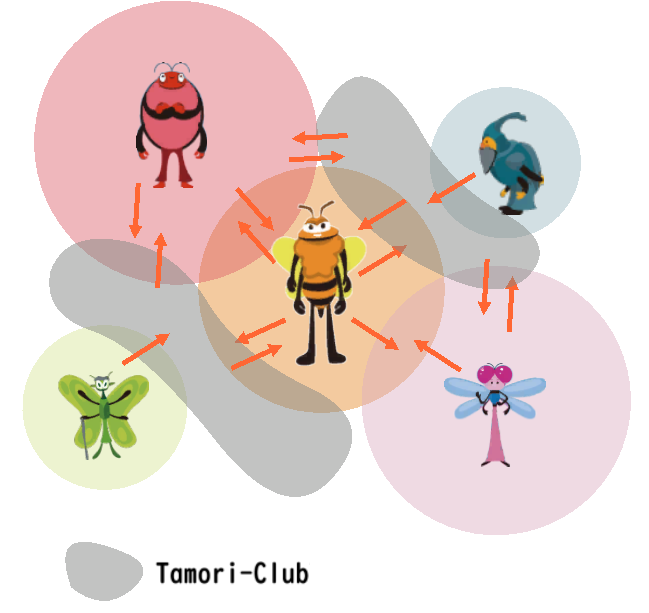

………
Even without government, parts of the framework could be offered as services.
Mixing tools with services makes sense during a transition.
But for the experience, tools need to lead—otherwise the value and appeal get cut in half.
Ideas like this aren’t new, but if we make it real, the key is revealing that value and appeal, and creating easy, natural contact with existing residents.
Maybe your daily “visits” out here actually mean something!
It might even help with vacant homes and idle farmland a little.


(I’m not just playing… okay, maybe I am.)
From someone who makes the trek, vacant houses and fields look like treasure—pure potential.
And it seems that after giving up tools and skills, humans have been bored stiff—unable to bear their unused capacities—ever since we settled down (4).
A rural life centered on tools and skills is perfect for escaping that, and there’s real demand if we surface its value. Eternal problem, after all.
Me? I’ve got zero boredom. Too many things I want to do; my abilities are always lagging behind.
Tools change your world and the way you engage with your environment. That’s something you may not fully grasp until you experience it.
Even so, I believe this power—to shift how we relate to our surroundings—will be indispensable in the years ahead.
I think that potential is lying around in vacant rural houses and fields; there are even rather luxurious options among them. But it isn’t easy to make people feel that potential strongly enough to move them to act. (I may have written this episode a bit too optimistically.)
That said, personally I’m still at the stage of learning through practice and building a real feel for it. I’ll keep going—slow and steady.

